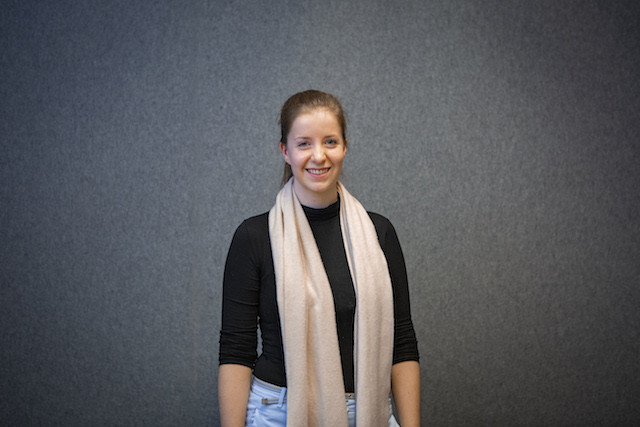According to a report* produced by the Network of Experts in Social Sciences of Education and Training (Nesse) for the European Commission on what’s called “shadow education”: “If left to market forces, the shadow education system maintains and exacerbates inequalities.”
Tutoring generally falls under the informal economy, which means that quality and pricing are not regulated and parents find themselves shelling out anywhere between €13 and €60 per session. For French national Laure Omont, who was educated in Luxembourg, Belgium, France and China, tutoring in German made a big difference to her schooling when she was in China.
“I struggled quite a lot in German for some time. Because there’s so much grammar and it’s so different from French, at some point you need some help,” she told Delano. She was surprised to read the Nesse report findings, and set out to find a solution.
After completing a master’s in international business in France and the UK, in January 2018, Omont founded Now You Know It (Nyki), a social-impact company offering means-tested tutoring. “The idea is to adapt pricing based on objective criteria. For now, we focus on the taxable income of the family,” Omont said.
Lower income parents will be able to benefit from a discount on tutoring of between 10% and 100%. The cost difference is eventually expected to be borne by a margin in the fees of parents who don’t receive a discount. “That’s the mid-term goal.”
Until they reach that critical mass of clients whose custom can subsidise the lower-income customers, Omont’s growing team of tutors will work pro bono or for a reduced cost. “They’re not doing it for the money. They want to share something with children and teenagers, to give them something that they benefited from. That was important for me.”
Omont likens the solidarity tutoring concept to fair trade where consumers know that by purchasing a fair trade product, they are making a difference to the value chain. In the case of solidarity tutoring, it is the distribution side which benefits from customers paying full price.
“When you pay for school tutoring with Nyki, you make this service accessible to your child, but you are also contributing to making it accessible to other children who wouldn’t otherwise access it,” she said. Since launching, the initiative has attracted customers aged from 4 to 18, from public and private schools and speaking a range of languages. “We’ve this multiculturality but in school systems, sometimes it can be complex.”
Omont, who also tutors in French, maths and study methodology, hand selects the tutors for each learner, to ensure a good match. She says the tutors adapt their teaching to the child, particularly important in the case of children with additional education needs. “We won’t come with a curriculum that works for all children. We adapt what we offer to what we feel children are responsive to.”
She gave the example that if a learner with dyslexia is struggling with French grammar, that won’t be the focus. In a later stage, she hopes to invest in special education needs training for the tutors.
Early interest levels have been encouraging, Omont said. “The demand keeps growing. So far, there are students who joined and stayed.”
This article was first published in the Winter 2019 edition of Delano Magazine.
